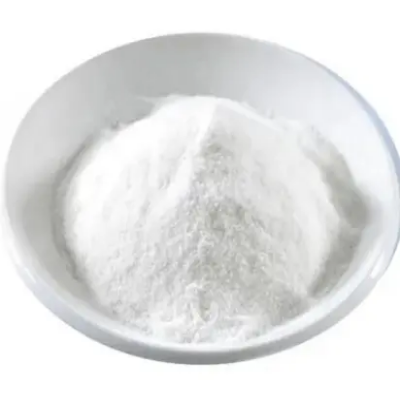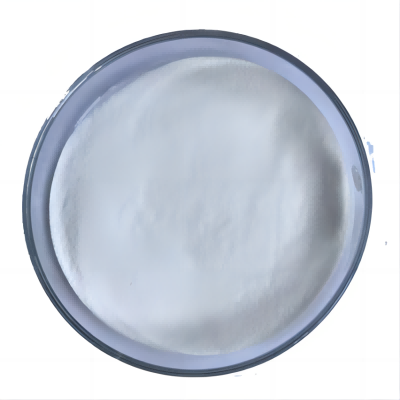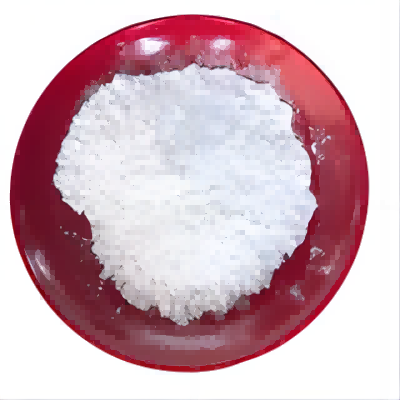Humanin CAS:330936-69-1
Humanin has garnered significant interest in biomedical research for its potential therapeutic applications, particularly in neuroprotection and age-related diseases. Its ability to counteract apoptosis makes it a candidate for treating neurodegenerative disorders such as Alzheimer's disease and Parkinson's disease. Humanin is believed to exert its neuroprotective effects by inhibiting cell death pathways and reducing oxidative stress, thus preserving neuronal integrity. In addition to its neuroprotective properties, Humanin has shown promise in metabolic regulation. Research indicates that it may improve insulin sensitivity and promote glucose homeostasis, making it a potential therapeutic agent for metabolic disorders like type 2 diabetes. By modulating metabolic pathways, Humanin could play a role in preventing the complications associated with obesity and insulin resistance. Humanin's involvement in inflammatory processes is another area of exploration. Studies suggest that it may reduce pro-inflammatory cytokine production and enhance anti-inflammatory signaling, positioning it as a potential intervention for chronic inflammatory conditions. Moreover, Humanin is being studied for its implications in longevity and healthy aging. Its ability to counteract cellular stressors and promote cell survival contributes to the growing interest in peptides that may extend healthspan and mitigate age-related decline. In summary, Humanin holds potential as a therapeutic agent across various fields, including neuroprotection, metabolic health, and inflammation, with ongoing research aimed at uncovering its full range of benefits and applications in clinical settings.
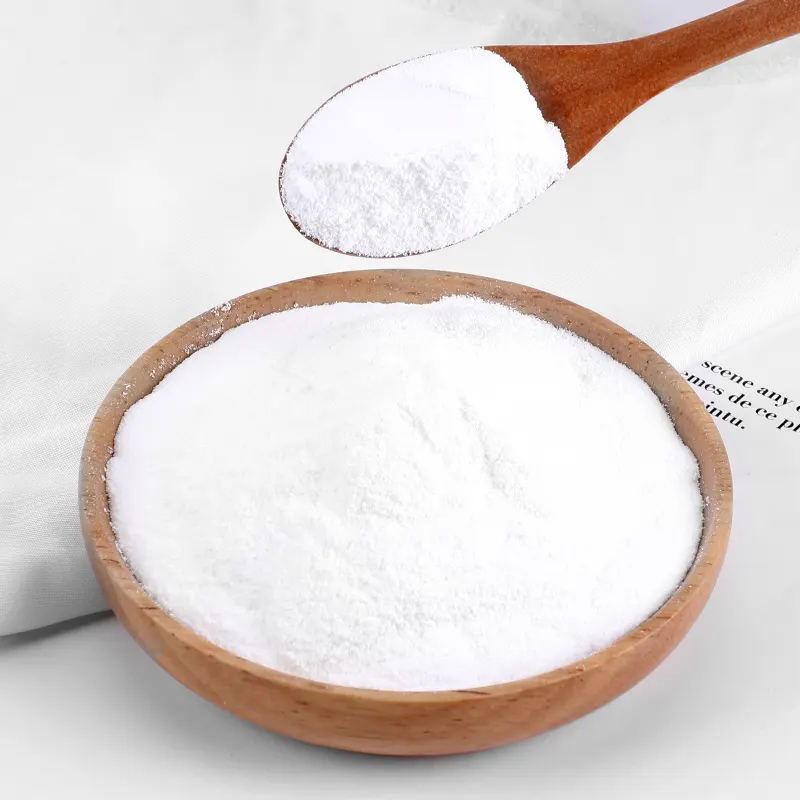
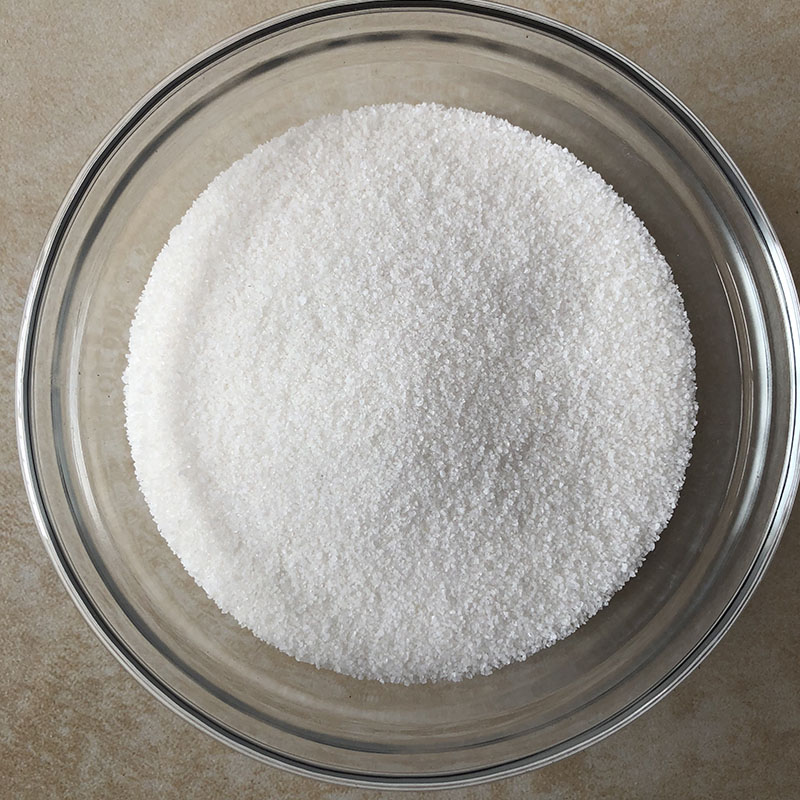




| Composition | C119H204N34O32S2 |
| Assay | 99% |
| Appearance | white powder |
| CAS No. | 330936-69-1 |
| Packing | Small and bulk |
| Shelf Life | 2 years |
| Storage | Store in cool and dry area |
| Certification | ISO. |





